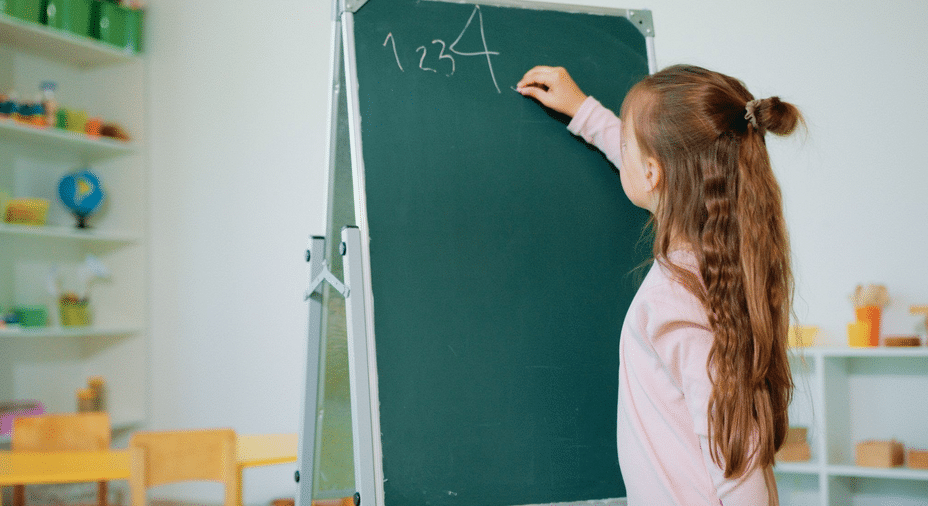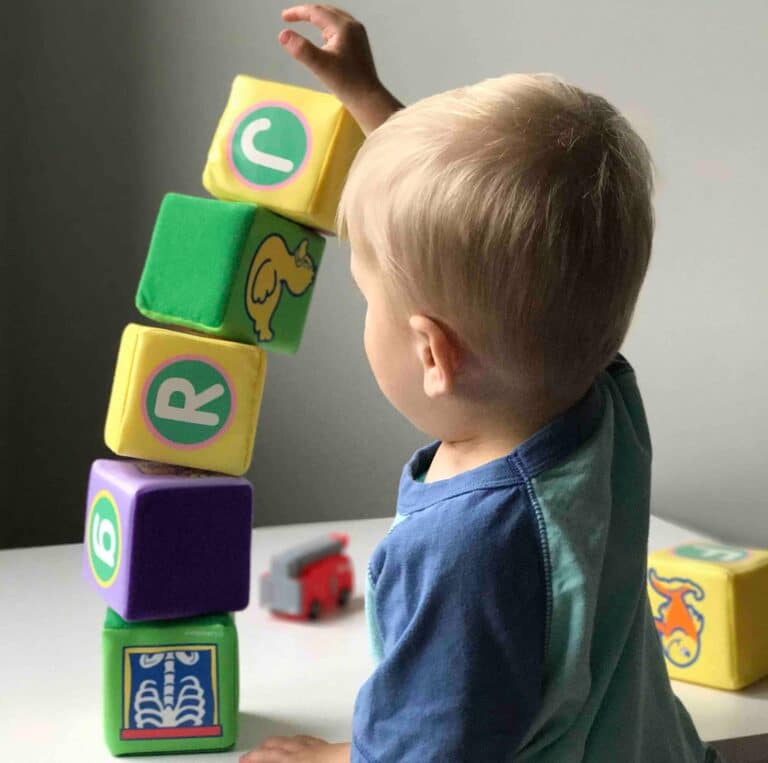All parents, to one degree or another, face difficulties when children begin to learn arithmetic. This is largely due to the fact that numbers and operations are abstract elements, and it is a priori difficult for children to imagine what they have never seen. And that’s why mathematics causes such fear in both parents and their toddlers.
However, you should not be afraid of this amazing science, because there are many ways to explain and communicate to the child any kind of concept and approach, as well as their practical application. As kids grow up, they will begin to understand all of it and will learn much easier, because at the same time they will get acquainted with the objects, processes and interactions around them.
In this article, we’ll take a look at simple routine approaches that can be used by parents on their own in order to help their children to learn math.
Make it everyday exercise
What can you do in everyday life to integrate math learning into the routine rhythm of your child’s life and not overload him/her?
1. Counting money
Every time you return home from a supermarket or mall, involve your little one in counting the remaining cash. It can be both coins and bills. This activity is very attractive for children of different ages and gender, because from the earliest years, kids are attracted by the financial component of life, and they strive to learn it in as much detail as possible. So why not combine business with pleasure?
2. Counting the number of trees
Every time you go for a walk in the park, or along the road, you can see so many trees or bushes, so start counting them. It will not be difficult, because usually, in city parks, trees are planted in a row (and sometimes even numbered!). For advanced kids who have already mastered the basic operations of adding single-digit numbers, you can go on to counting branches or cones scattered around.
Such an activity contributes not only to the study of math concepts and operations, but also to botany, because the kid will probably be interested in what kind of tree it is or why the cones look the way they look. Yes, and it’s all open-air, away from gadgets.
3. Ask your child to explain to you
It should be noted right away that this item is suitable for older children who can already think and express their most complex thoughts, as well as those who have already developed a certain vocabulary. More specifically, it can be applied to children in the last grades of primary school.
Through the process, while the child is trying to explain to you, take the position of an active listener, ask questions and guide the child if he/she finds it difficult to express an idea. If you notice that the child doubts about what he/she is saying, ask him to repeat what he said. If he / she can repeat everything without hesitation, then the material has been learned. Finally, if the child is confused in words, then it makes sense to repeat the material, or even start all over again.
4. Organize a mini-Olympiad
Choose a moment when all your toddler’s friends will gather together, or even organize such a meeting on purpose, and make assignments that are feasible for each child present. Everything here should be carried out in a playful way, so as not to frighten off little mathematicians: use toys, candies, cartoons to ensure the maximum involvement of all children. Even more fun will be dressing up or taking on the role of characters from your favorite cartoons. In this Olympiad, tasks should be about who will answer the question, or find a solution to the given problem faster. Prizes for participation must be prepared for each child, and the main winner must get the “cherry on the cake” – i.e. a prize that has been allocated to him / her, but will not offend friends.
5. Use non-standard curricula
There are a number of curricula that offer a slightly different approach to learning than the one we are used to. The most famous and proven approach around the world is Singapore Math. By definition, Singapore Math is a philosophical approach to math learning (like everything what is oriental). The main advantage of the program is the study of physical concepts, objects and quantities, and only then abstract ones. This removes one of the main obstacles to understanding mathematical operations (see above) and helps the child to master even the most complex concepts at a deep level and in various variations.
Also, in the course of the curriculum, the child learns to look for many solutions, and not only those that are familiar to us, and also to explain them in his own words.
After learning Singapore Math basic lessons, you can apply this approach on your own, without the help of a qualified specialist, and teach your little one to think critically.

6. Refer to the good old TV programs
Do you remember the quiz with Uncle John or Aunt Marble? Educational TV programs are good because they involve children from the first shot, and unlike social networks or other online platforms, they do not provide an opportunity to click on the stop or watch several times. This attracts the attention of children, and the regularity makes them wait for the next series of programs with interest.
Of course, you can use any streaming, but then it is better to join the broadcasts. If the kid’s friends are watching the same programs, the involvement and interest (and even excitement) will be even higher.
7. Be a psychologist
Understand the peculiarities of your toddler’s perception, determine the hours of maximum activity of his attention and thinking, and vice versa, when he/she is not able to study something new. To do this, you can conduct several tests to determine the personality type of your toddler (inclined towards math, social science or linguistics, etc.), as well as tests for logic.
This is important not only for a high level of assimilation, but also in order to instill interest to the child and not to overload him/her physically and mentally in the hours of less activity. The more prepared the child is for learning, the better he will perceive and master it.
8. Attract grandparents
Where can we go without them! Grandparents can engage their grandchildren in the most exciting pie or nail counting adventures. They find different ways to keep the attention and encourage the kids to engage in the process, as well as motivate them to new challenges and success.
And another advantage of grandparents is that they can gather all their grandchildren and their friends together very quickly, and despite their age, they pay attention to everyone, so that not a single kid is left deprived or offended.
Conclusion
Helping kids to learn math in everyday life is not a difficult task if you approach it creatively. Use any opportunity to carry out simple operations of calculation or determination of values, resort to games, quizzes, contests and any activities that obviously attract children.
Observe them in the process, explore their interests and needs, and you can provide them with an unforgettable and highly effective experience, even before they go to school and throughout their school life. Do not be afraid, learn yourself and your children will reach for you.










![Home Renovation Guide [2025]](/app/uploads/2021/04/design-hacks-1-378x300.jpg)
